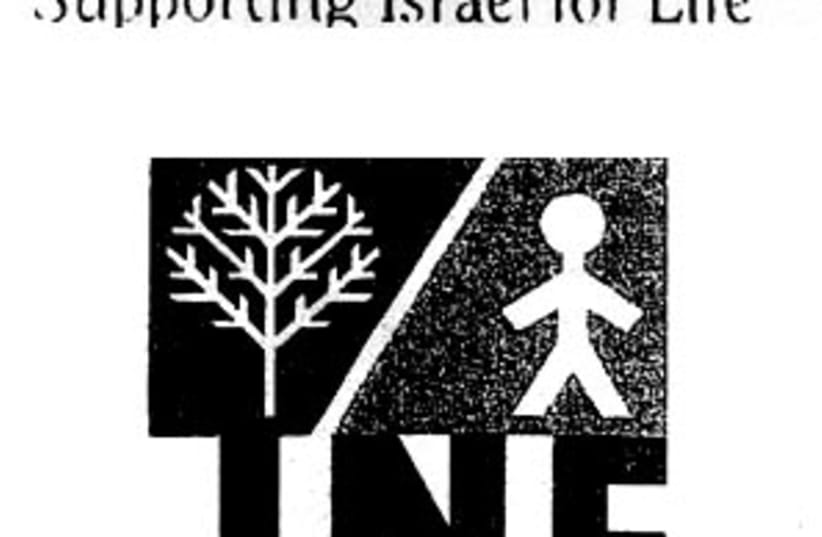| More about: | Jewish National Fund, England, Al Gore, Conference of Presidents of Major American Jewish Organizations |
Money doesn't grow on trees
A fiery debate over funding threatens the world network of the Jewish National Fund.


| More about: | Jewish National Fund, England, Al Gore, Conference of Presidents of Major American Jewish Organizations |